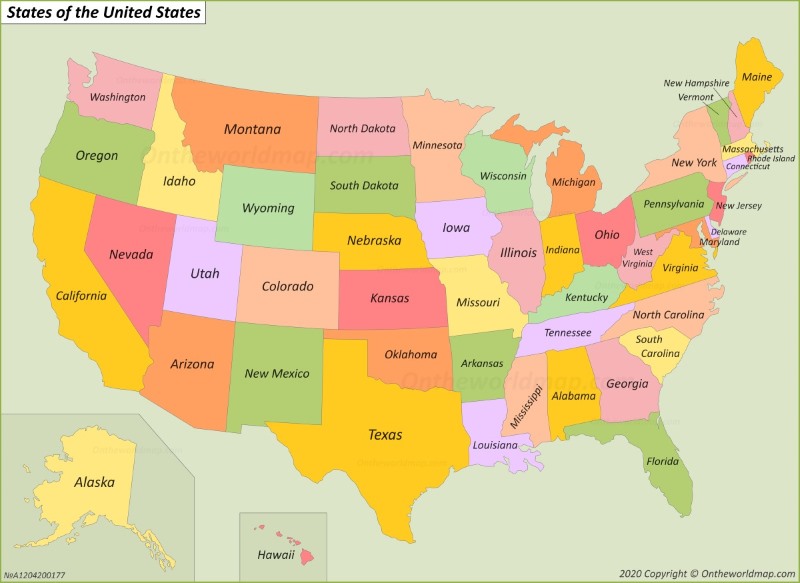Posts by Jensen Wallace
Frequently Asked Questions
FAQ Series 1 What’s the difference between physical and legal custody? New Mexico recognizes two types of custody: physical and legal. Physical custody simply means who has physical control of the child; that is, where the child sleeps at night. Oftentimes, there is a primary physical custodian of the child, which means one parent has…
Read MoreCustody Agreement in State Where Neither Party Lives
Occasionally, parents encounter a unique situation when they are attempting to modify a custody arrangement. The original court case took place in a different state, for example, Arizona, and now neither parent lives in Arizona. While you normally would continue to file pleadings in the state where the case originated, it’s not necessary when neither…
Read MoreKinship Guardianship
Kinship guardianship is a separate section of custody law in New Mexico that’s used when neither parent has custody of the child. Kinship guardianship allows a family caregiver, often a grandparent or aunt/uncle, to gain custody of a child when the parents are either unwilling or unable to care for the child. To start a…
Read MoreMilitary Divorce and Healthcare
This is part two of our series on military divorce, find part one here. What happens if you don’t qualify for the 20-20-20 rule and are involved in a military divorce? You may be worried about your healthcare, your spouse’s retirement, or other military benefits you have received throughout the marriage. If you have been…
Read MoreTwenty is the Magic Number for Military Retirement
If you are in the process of a divorce or thinking about getting divorced from your military spouse, you’ve probably heard the term “20-20-20 rule” before. The 20-20-20 rule comes from the Uniformed Services Former Spouse Protection Act (USFSPA). For the 20-20-20 rule to apply, you must have been married to the service member for…
Read More
